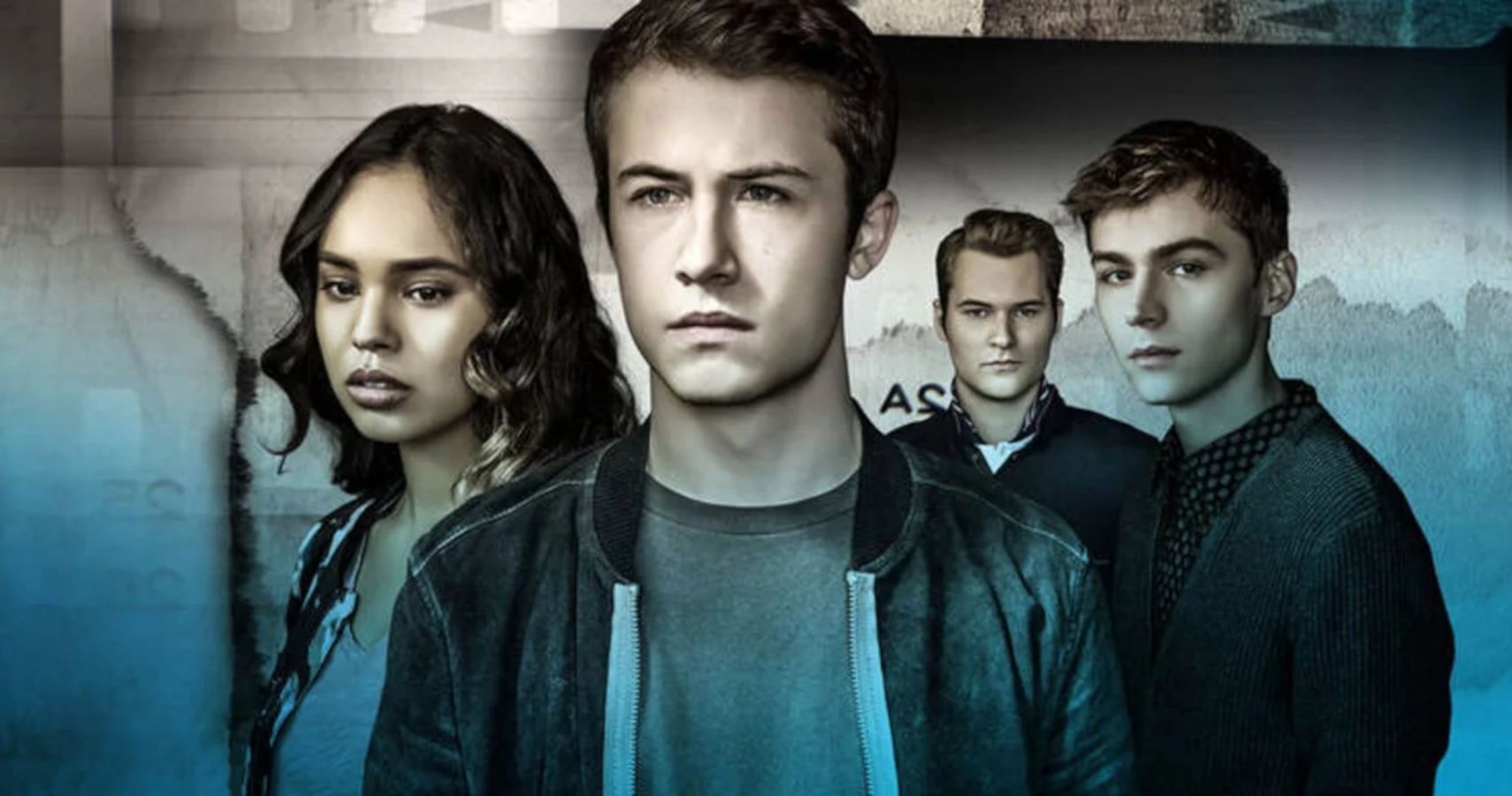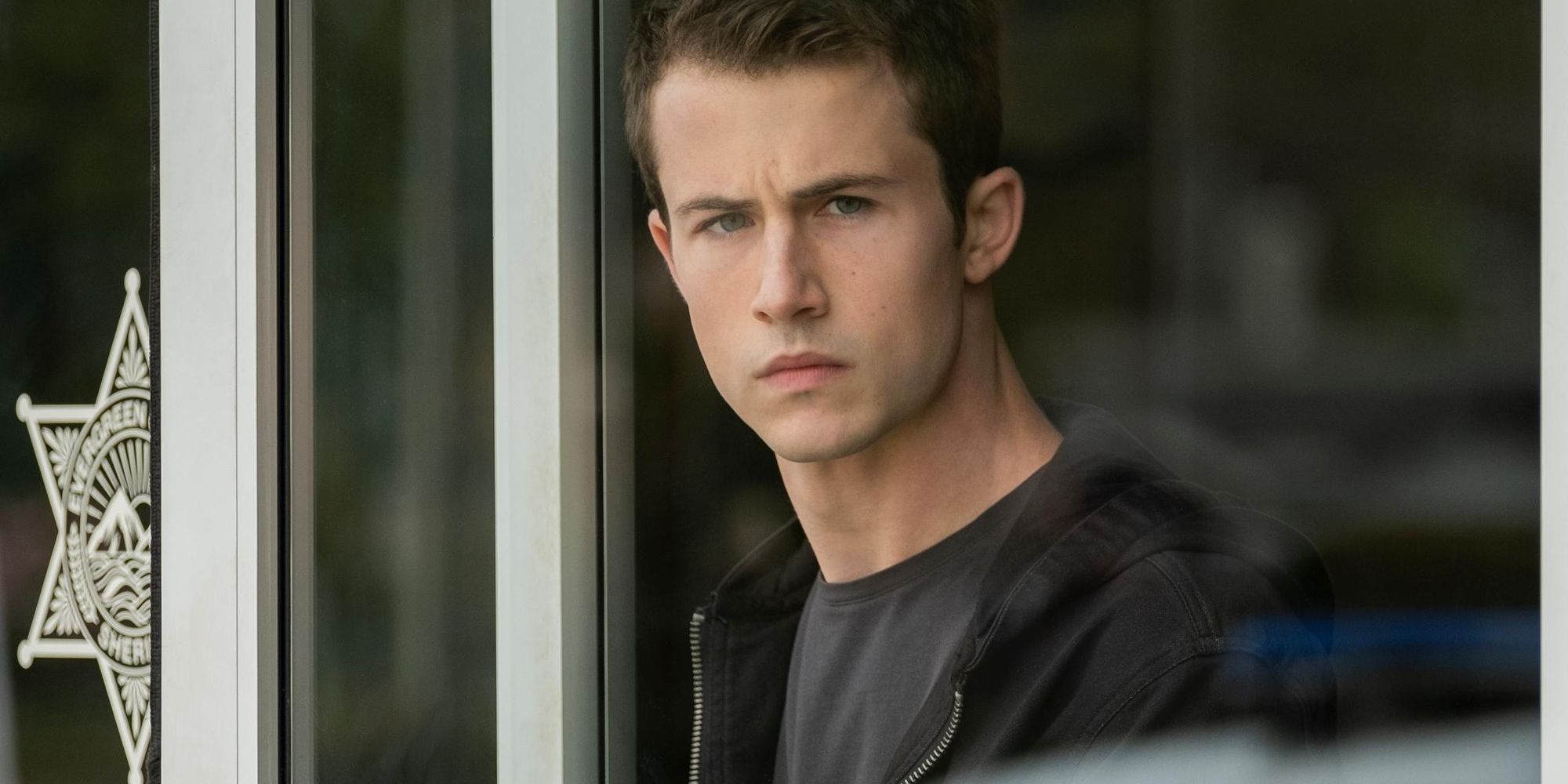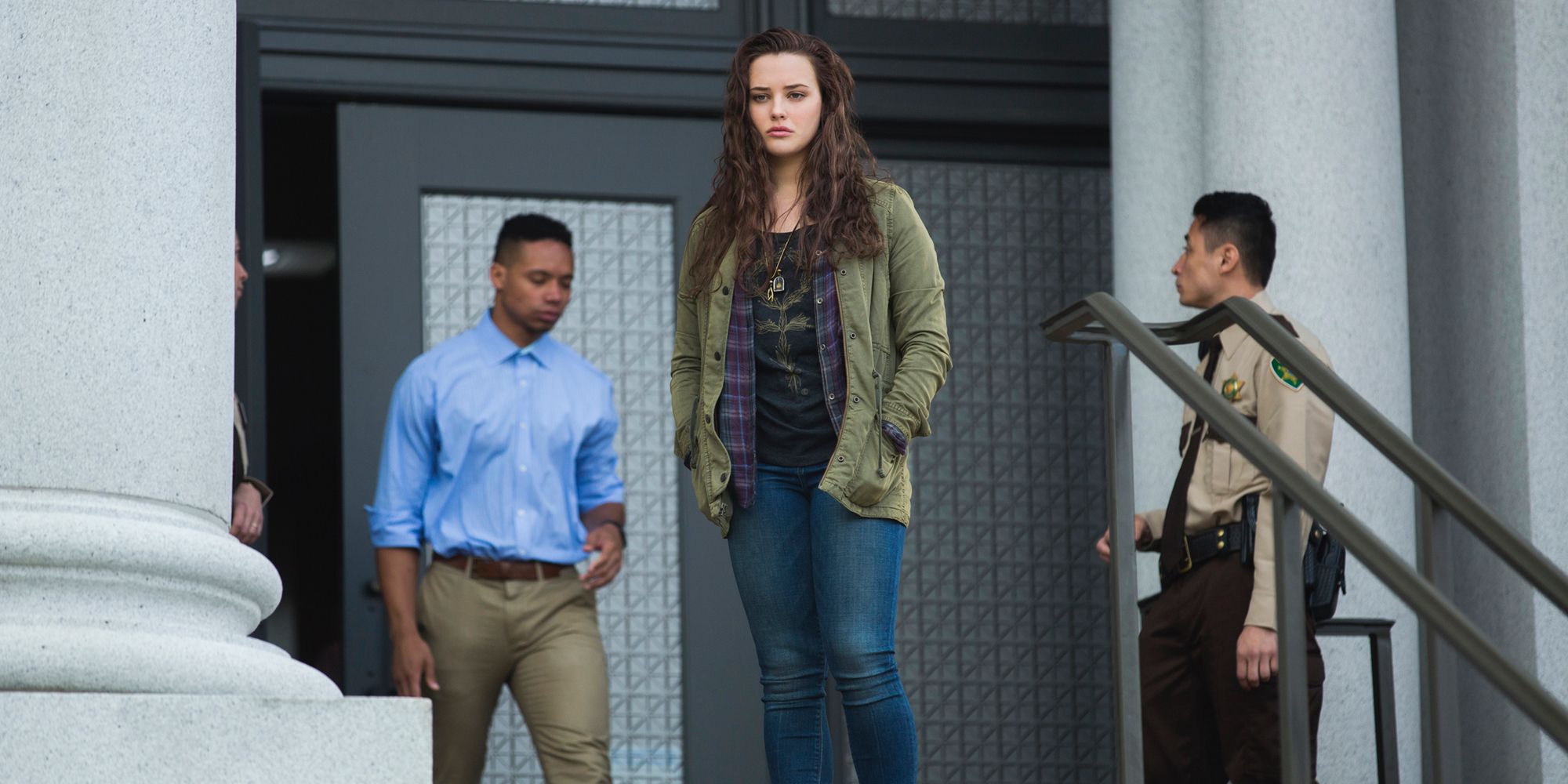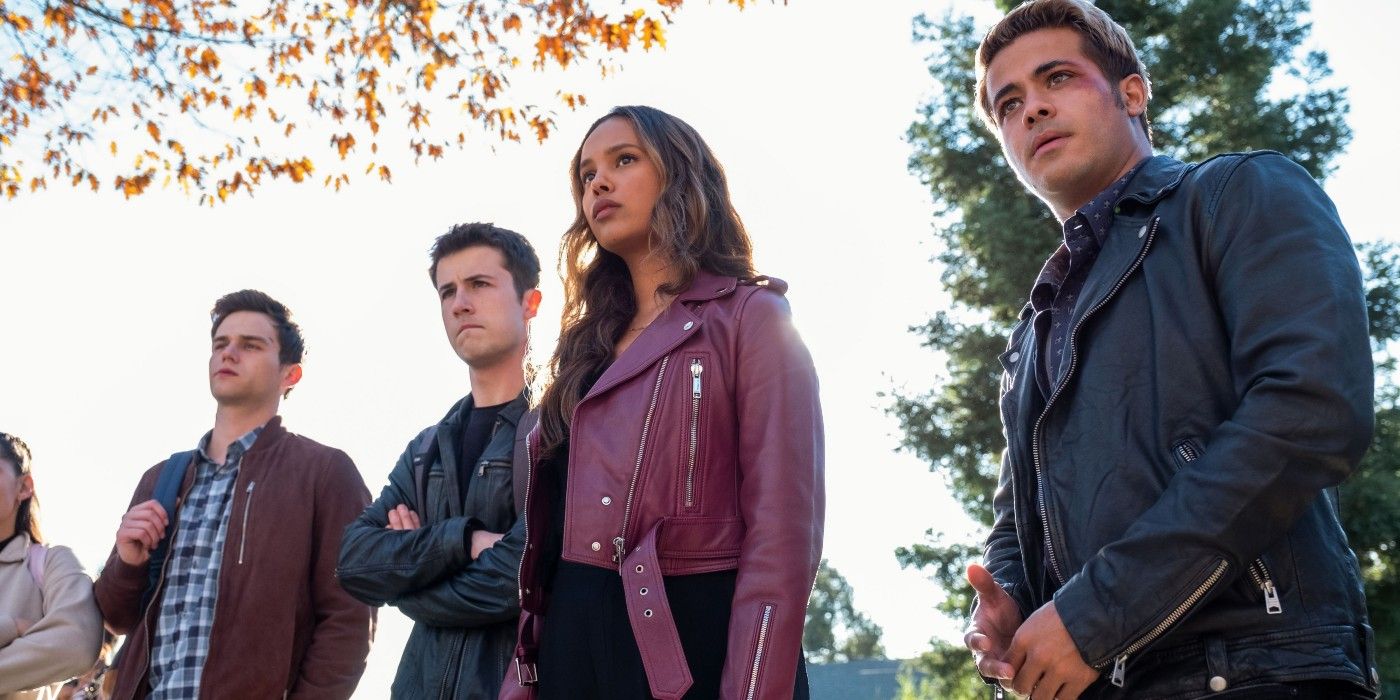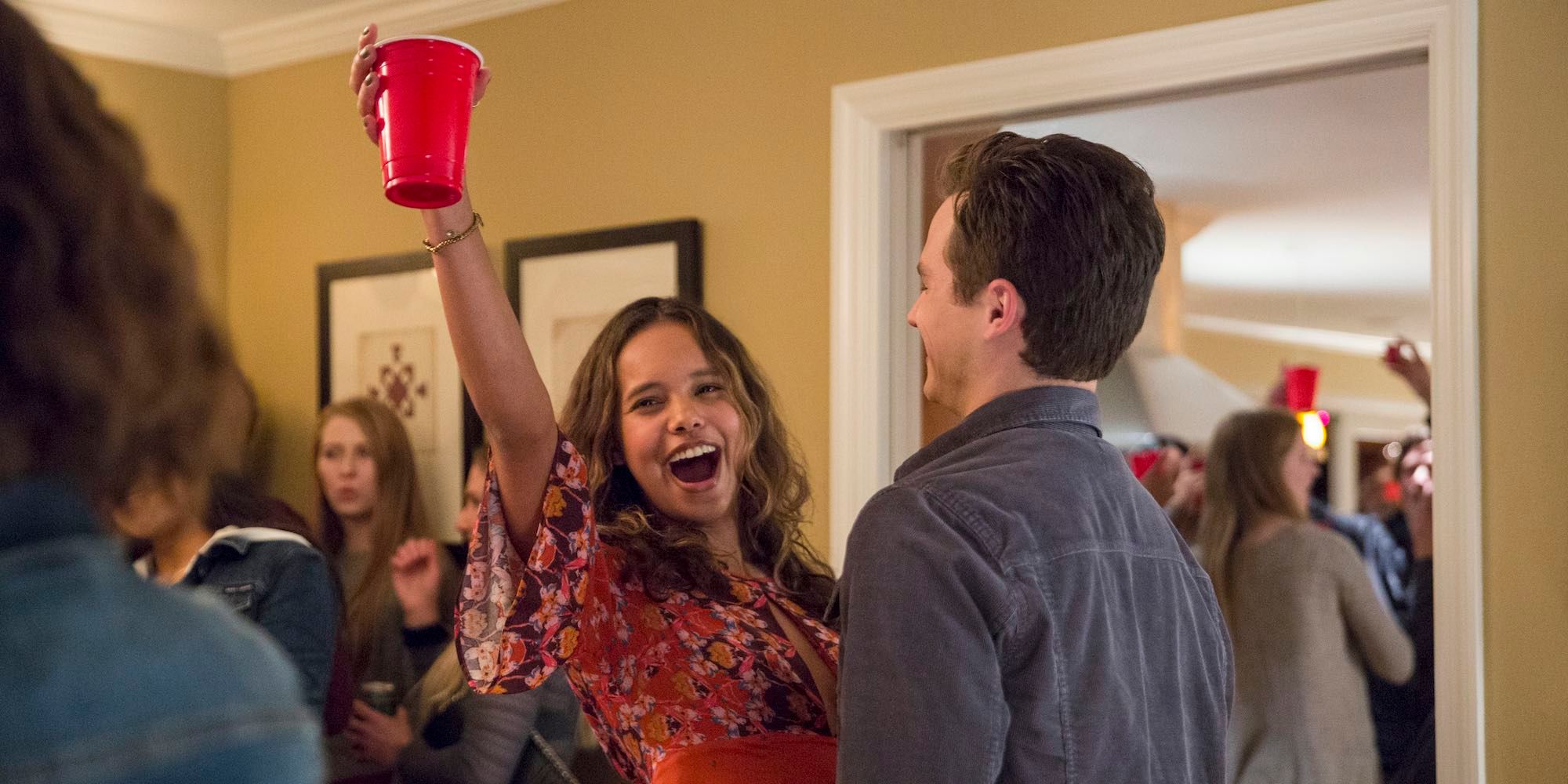13 Reasons Why sparked controversy when it premiered on Netflix in 2017. The series, based on the novel of the same name, centered on Clay Jensen in the aftermath of Hannah Baker's suicide. Clay had already been struggling after Hannah's death, but a collection of tapes changes his perception of everything Clay thought he knew about Hannah. The series did not end with the final tape, and even with those in favor of the show's cancellation, Netflix continued to renew the series, allowing it to have a complete conclusion at the end of its fourth season.
The series brought up several social issues and topics during its run, but not all of them were portrayed to the liking of the show's viewers. However, even if the way events were shown may not be entirely accurate to real life, the series did open a door for a conversation about such topics. To acknowledge the content, Netflix placed a trigger-warning caution before the show, suggesting to watch the series with a trusted adult and that the series is not for everybody. This is every season ranked, according to their Rotten Tomatoes Audience Score.
Season 3: 45%
In the aftermath of the trial and Bryce's "not guilty" verdict, season three steps away from Hannah Baker's story to shift the turn of events into a murder mystery. The big question of the season: who killed Bryce Walker?
Similar to the previous two seasons, the third jumps back and forth through time as the audience discovers what occurred before the Homecoming game and how those events affected the way everyone is behaving in the current day. Unfortunately, with several new focuses on the season, the season spreads itself too thin between everyone's problems. The third season also sparked several controversial choices about Bryce Walker's character. Previous to season three, Bryce shows no inkling of the ability to feel empathy or remorse, especially for his actions toward Hannah, Jessica, and several other girls.
But, season three asks questions about Bryce's character, through a new addition, Ani, who has the perspective of living with Bryce. Yet, Ani's place on the show got plenty of backlash, as well. Through continually protecting Bryce and not listening to several other people that knew Bryce's history, Ani's decisions toward Bryce were problematic. Tyler also gets a central role in the season as Clay and their friends devote themselves to helping Tyler heal after Monty's assault.
Season 2: 52%
Season one told Hannah's side of the story, but 13 Reasons Why uses season two to show the opposite perspective of Hannah's tapes. The same story told from everyone else during the trials either confirms Hannah's descriptions or explains there was more to what had gone on than Hannah revealed.
The trial against the school was meant to speak about the negatives of bullying, but while it does show that bullying is terrible, it also makes it seem as if not many are interested in changing it. This season emphasizes how far Monty was willing to go, as Monty assaults Tyler in a bathroom, leaving Tyler crying on the floor.
Unfortunately, the prosecution leans against Hannah, and Bryce gets to walk free, even after Jessica speaks up. In the final minutes of the season finale, Tyler appears at the school dance with a gun. Luckily, Clay and his friends talked Tyler out of it.
Season 4: 61%
Season four breaks off into several storylines separating each main character's primary struggle. Justin's addiction, Jessica's drive to help women, and the guilt of Bryce's murder and framing Monty are just a few of the plot points of the final season. However, the fourth installment also emphasizes the number of events the main characters have successfully gotten away with.
While people like Bryce and Monty have been killed for their actions, Clay and his friends avoid any real justice. They get away with Bryce's murder and framing Monty. Clay avoids any large scale punishment after driving Zach's car off the road. The concept of the importance of the truth, which was essential in season one to reveal the truth behind Hannah's suicide, seems to disappear in the final season. Instead, for Clay, it's about hiding the truth and his involvement, as well as protecting his friends.
The last installment also has characters like Winston and Diego, whose entire narrative is about proving that Monty didn't kill Bryce. After devoting all their time to finding the truth, they decide against doing anything about it, choosing to let Alex and Jessica get away with Bryce's murder, and everyone else gets away with covering it up.
Season 1: 80%
By far the most focussed season, the first installment of 13 Reasons Why is all about Clay slowly learning why Hannah decided to commit suicide. Along the way, Clay doesn't just learn about Hannah, but about Jessica, Alex, Justin, Tyler, and several others.
Each tape unveils another piece of the puzzle that explained what Hannah had gone through. Season one tries to talk about the impact of bullying and how it can negatively affect others. It also emphasizes how the truth took its toll on everyone who had listened to the tapes before Clay.

